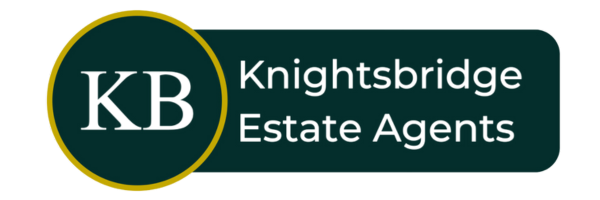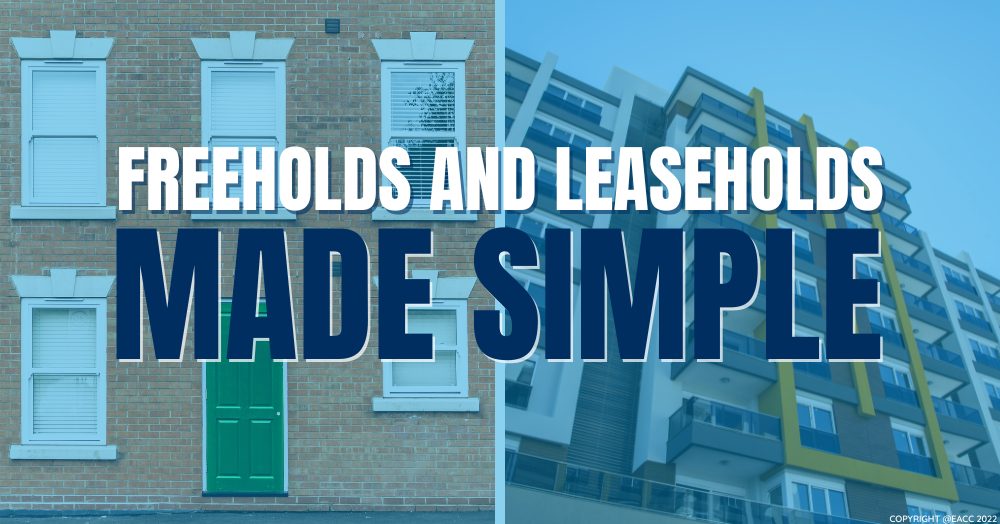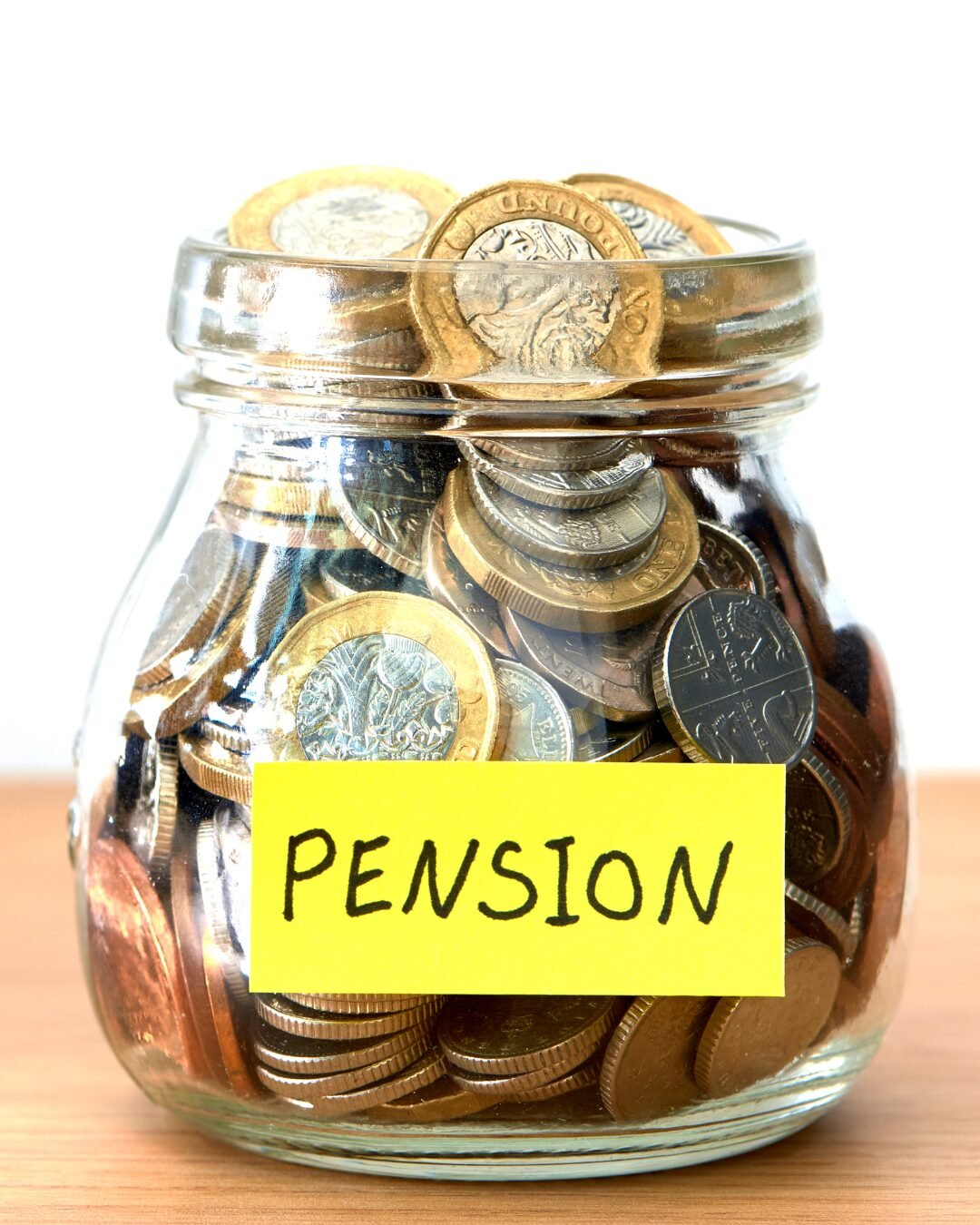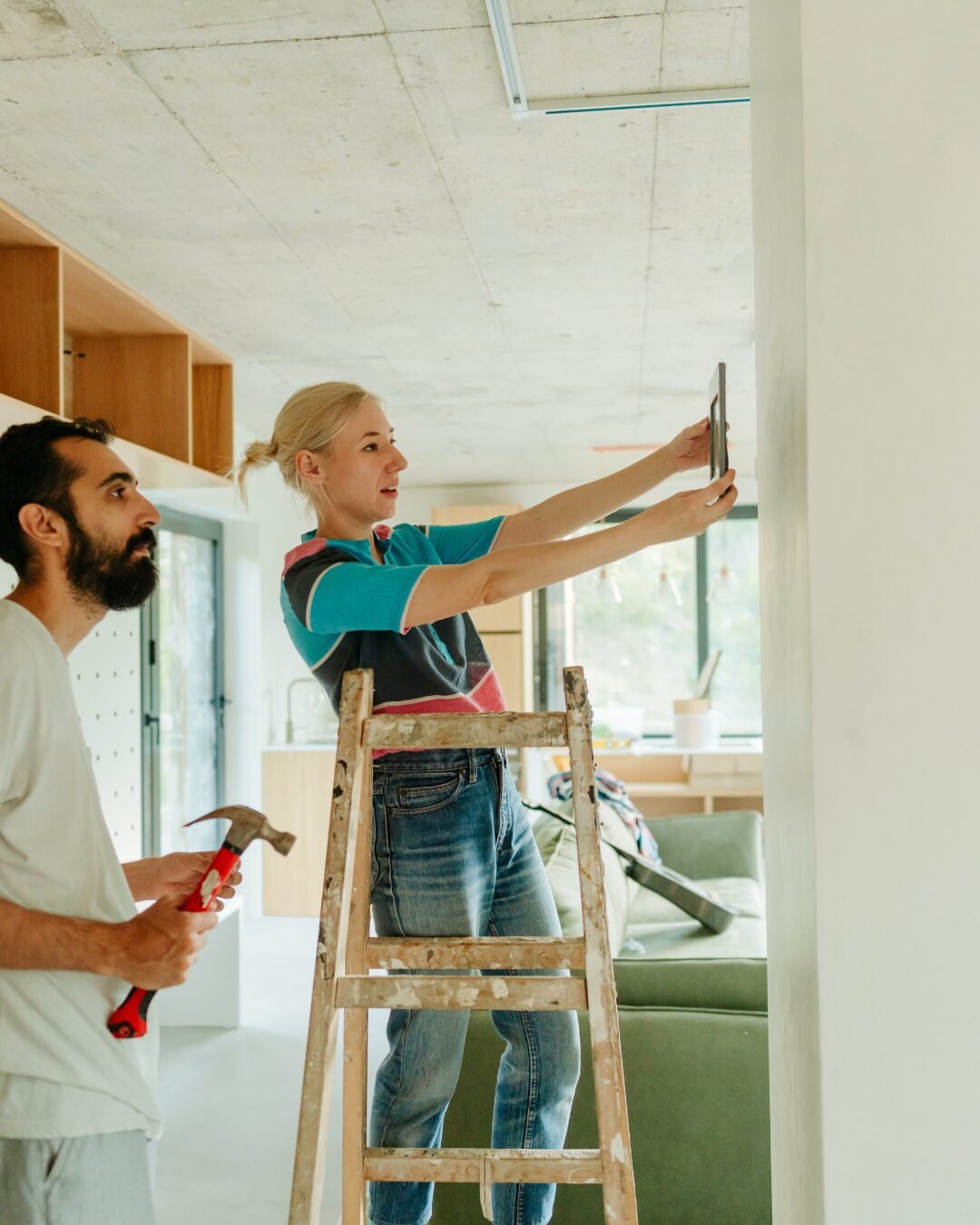Freeholds and Leaseholds Made Simple
If you’re new to the property market, learning the lingo is essential. There are lots of legal and financial terms you need to get your head around and lots of research to be done.
Two terms that you need to be familiar with are ‘freehold’ and ‘leasehold’.
This quick read explains what each one means and why they are important.
What is a freehold property?
When you buy a freehold property, you’re buying the property and the land it has been built on. It usually refers to houses*.
You are the ‘forever’ owner of the freehold title until you sell it on to someone else.
*Note: Some houses can be leasehold if you buy under shared ownership. Also, when purchasing new-build houses, be sure to double-check the title status.
What is a leasehold property?
When you buy a leasehold property, you’re purchasing the property but NOT the land it has been built on. This is most common with flats. Usually, another party owns the freehold of the building, and you will ‘lease’ the flat from them.
A leasehold is time-sensitive. So, if you buy a property with a 100-year lease, at the end of that time, the ownership goes back to the freeholder.
Why are these terms so important?
Freehold and leasehold titles are important as they affect ownership and your legal obligations. For example, if you have a leasehold flat in a freehold building and there’s a problem with the exterior of the building, it is usually down to the freeholder to fix it, not you as the leaseholder.
If you buy a freehold house and there’s a problem, you are responsible for it.
Differences between freehold and leasehold
A freehold property is often more expensive than a leasehold as you’re buying the land and building. With a freehold property, you have complete control, so you can change things like windows or apply for extensions.
Leasehold properties often come with extra fees, such as ground rent or service charges (payments you make to the freeholder for the upkeep of the building). Also, if you want to make changes to the property (like new windows or knocking down a wall), you must apply to the freeholder first.
What’s a short lease?
During a property search, you might find a flat that’s priced under market value because it has a short lease. While you think you’re saving money, be warned that you might have to pay for a lease renewal that can cost thousands of pounds. Also, many mortgage companies won’t lend on a property with a short lease.
What’s a flying freehold?
A flying freehold is when part of a property hangs over or lies beneath another party’s property. It’s normally a tiny percentage of the property, such as a balcony protruding over someone else’s garden or a basement that extends underneath a neighbour’s property.
In most cases, property owners don’t even realise they have a flying freehold unless the issue of renovation or sale arises – then, it may become a point of legal contention. Always speak to an expert about flying freeholds.
Property jargon can be confusing, but don’t worry, our team at Knightsbridge Estate Agents are always happy to explain things. Get in touch today if you’re selling or searching for a property.





